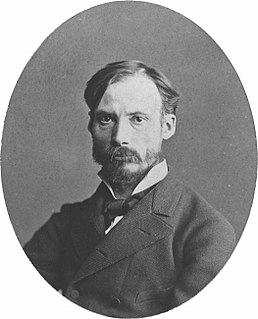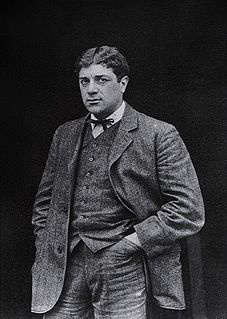A Quote by Marcel Duchamp
I haven't been in the Louvre for twenty years. It doesn't interest me because I have these doubts about the value of the judgments which decided that all these pictures should be presented to the Louvre instead of others which weren't even considered.
Related Quotes
I'd been going to the Louvre since 1951. I thought I knew Paris and the French, but I didn't really. You know how easy it is to make friends when you are traveling. People are curious about you, you are curious about them. But you never really make friends that way. After the Louvre, I discovered that I have friends now because I have enemies.
I’m not going to let my insecurities keep me from having a good time. I think that if you don’t loose your self-consciousness, you can’t really be present in a situation. For example, if you’re at The Louvre, but you’re thinking about how much you hate your jeans, you’re not really at The Louvre. So in your memory, when you look back, you’re always going to be like, “I was wearing those jeans I hated”. And you’re not going to remember anything else.
The Louvre! The Louvre has me in its clutches. Every time I'm there rich blessings rain down upon me. I am coming to understand Titian more and more and learning to love him. And then there is Botticelli's sweet Madonna, with red roses behind her, standing against a blue-green sky. And Fiesole with his poignant little biblical stories, so simply told, often so glorious in their colors.
This man, who for twenty-five years has been reading and writing about art, and in all that time has never understood anything about art, has for twenty-five years been hashing over other people's ideas about realism, naturalism and all that nonsense; for twenty-five years he has been reading and writing about what intelligent people already know and about what stupid people don't want to know--which means that for twenty-five years he's been taking nothing and making nothing out of it. And with it all, what conceit! What pretension!
The class distinctions simply result from the different degrees of success with which men have availed themselves of the chances which were presented to them. Instead of endeavoring to redistribute the acquisitions which have been made between the existing classes, our aim should be to increase, multiply, and extend the chances.
There is no reason why the Louvre should be your favourite gallery just because it has the grandest collections in France, any more than Kew should necessarily be a favourite garden because it has the largest assemblage of plants, or Tesco your chosen shop because it has the widest variety of canned beans.
What I am trying to say is that it is not without any value. The value of copies is that they can direct us towards the original. I was recently at the Louvre Museum and I was filming people who were viewing the Mona Lisa. I noticed the number of ordinary people, astonished, mouths agape, standing still for long stretches looking at the work, and I wondered, "Where does this come from? Are these people all art connoisseurs?" They are like me; through the years, we've seen this work in our schoolbooks or art history books, but when we stand before the original, we hold our breath.







































